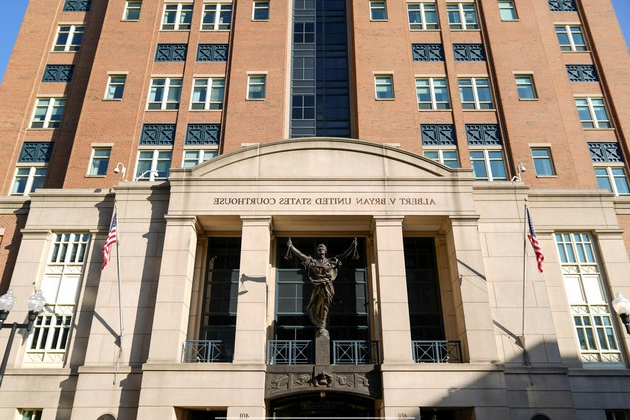
In a significant development, a federal judge has ordered the release of Badar Khan Suri, a Georgetown scholar who was detained by the Trump administration in March. The judge, Patricia Giles, emphasized that there was no evidence to suggest that Suri posed any threat to the community. She further stated that his arrest likely infringed upon his free speech rights and his freedom of association with his Palestinian-American wife.
Legal Implications and First Amendment Rights
The ruling by Judge Giles underscored the application of the First Amendment to non-citizens, without discrimination based on citizenship status. This decision carries broader implications for the protection of free speech rights among individuals regardless of their nationality.
Badar Khan Suri, an Indian-born scholar, was detained by masked ICE agents in Arlington, Virginia, as part of a larger crackdown on foreign academics perceived by the Trump administration as expressing anti-Israel or pro-Palestine sentiments. Suri, who serves as a postdoctoral fellow at Georgetown’s School of Foreign Service, was engaged in teaching a course on ‘Majoritarianism and Minority Rights in South Asia’ at the time of his arrest.
Judicial Decisions and Release Orders
Judge Giles’ ruling marks the third instance in recent days where federal courts have ordered the release of scholars targeted in the Trump administration’s deportation initiative. In similar cases, federal judges in Vermont intervened to release Tufts student Rumeysa Ozturk and Columbia student Mohsen Mahdawi, both of whom had their visas revoked by Secretary of State Marco Rubio.
The decisions to release these scholars signal judicial pushback against the administration’s deportation efforts and raise questions about the legality and procedural fairness of such actions.











